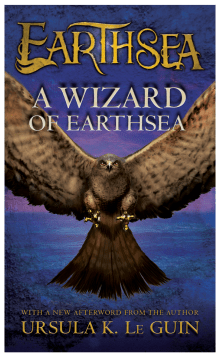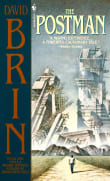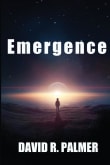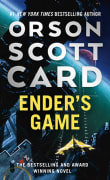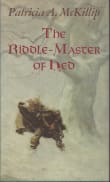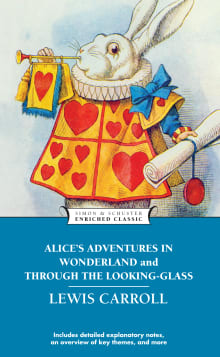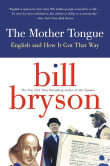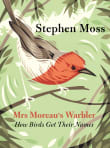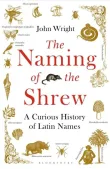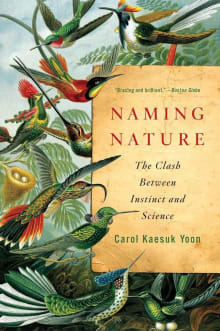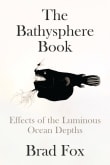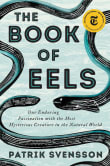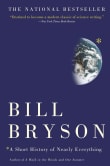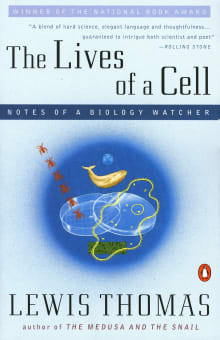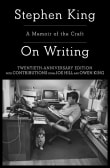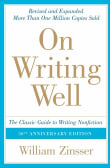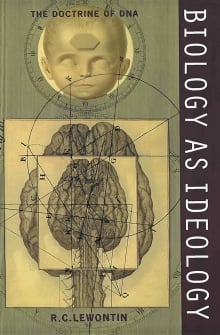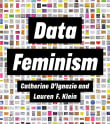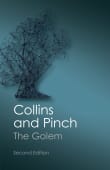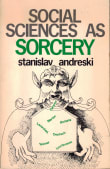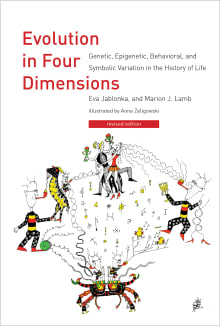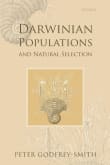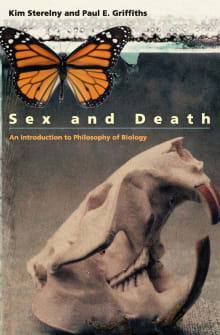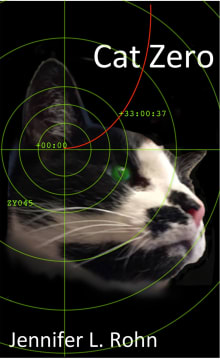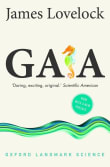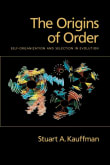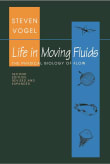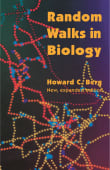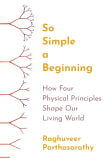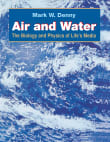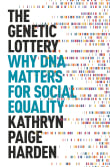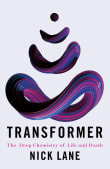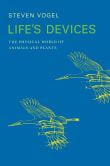Why am I passionate about this?
My dad raised me on science fiction and fantasy. At first, it was enough for me to be entertained by stories of spaceflight, of rescuing maidens in distress, and of fighting bug-eyed monsters. But over the years, as I read more, I realized that I wanted stories with a moral or ethical center, stories where murder, mayhem, and war were to be avoided if possible, and where, if they couldn’t be avoided, the protagonists struggled deeply with the moral dimensions of the actions forced upon them. I wanted to see characters growing into their ethical consciousness.
Christopher's book list on fantasy and scifi about ethical and moral growth

Why did Christopher love this book?
I love this series of three short novels enough to have read it more times than I can count. The language of the novel is simple and evocative. I love the main character, a young wizard who starts out as proud, angry and arrogant, but becomes deeply compassionate when his hubris leads him to make a tragic and evil use of magic.
I could feel myself grabbed by the world of the novel, a world of men and dragons, of islands dotted in an endless sea, of powerful mages who interfere at their peril with the precarious balance of the world between good and evil.
20 authors picked A Wizard of Earthsea as one of their favorite books, and they share why you should read it. This book is for kids age 12, 13, 14, and 15.
The first book of Earthsea in a beautiful hardback edition. Complete the collection with The Tombs of Atuan, The Furthest Shore and Tehanu
With illustrations from Charles Vess
'[This] trilogy made me look at the world in a new way, imbued everything with a magic that was so much deeper than the magic I'd encountered before then. This was a magic of words, a magic of true speaking' Neil Gaiman
'Drink this magic up. Drown in it. Dream it' David Mitchell
Ged, the greatest sorcerer in all Earthsea, was called Sparrowhawk in his reckless youth.
Hungry for power and knowledge,…
